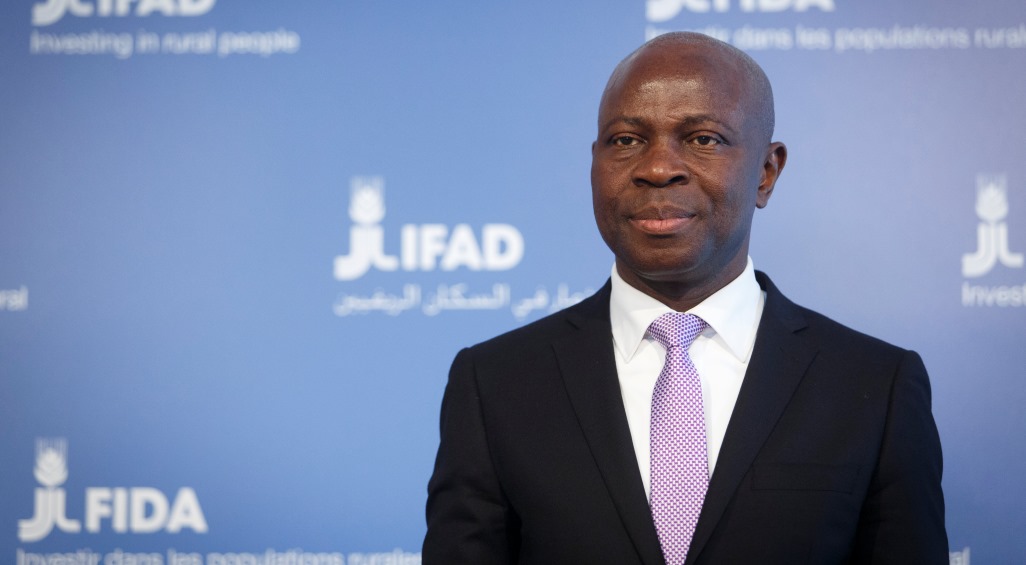
Nigerian migrant workers overseas sent home $18.956 billion as remittances in 2016, representing a 5.2 percent growth in nine years
(2007 to 2016), according to the United Nations International Fund for Agricultural Development (IFAD) report released Wednesday, June 14, 2017.
The report, entitled-Sending Money Home: Contributing to the SDGs, One Family at a Time_, indicated that global migrant workers remitted $445bn in 2016 back to their home countries, thereby lifting millions out of poverty in their respective countries.
IFAD noted that the common remittance transfer method remains cash-to-cash, while mobile phone networks, Internet-based tools and
digital money in various forms present a potentially transformative force for sending and receiving money.
The report said currently about 200 million migrants send home money to support some 800 million family members globally, with women comprising about half of all remittance senders.
It is believed the development, which points to the fact that women are now more financially independent and having better opportunities could help advance gender equality and women’s empowerment.
The report specifically noted that remittance flows have grown over the last decade at an average rate of 4.2 percent annually, from $296bn in 2007 to $445bn in 2016.
The U.S., Saudi Arabia and Russia led top 10 sending countries, which account for almost half of annual flows, while up to 80 percent of
remittances are received by 23 countries, led by China, India, the Philippines, Mexico and Pakistan.
In Africa, Nigeria led as the most receiving country with $18.956 billion, followed by Egypt ($16.584 billion) and Morocco ($7.01
billion). While West Africa top the receiving region, Southern Africa emerged the least destination for remittances.
The report notes that the most important objective going forward should be to leverage the potential development impact on the receiving side by providing remittance-receiving families better opportunities to use their money productively.










